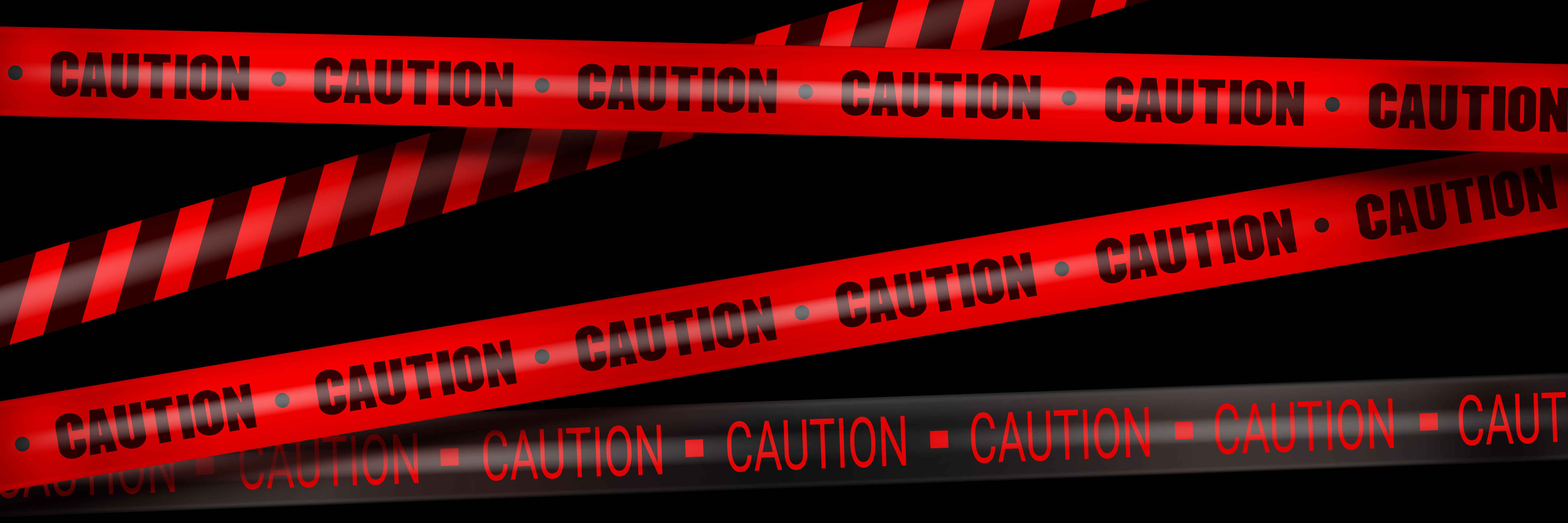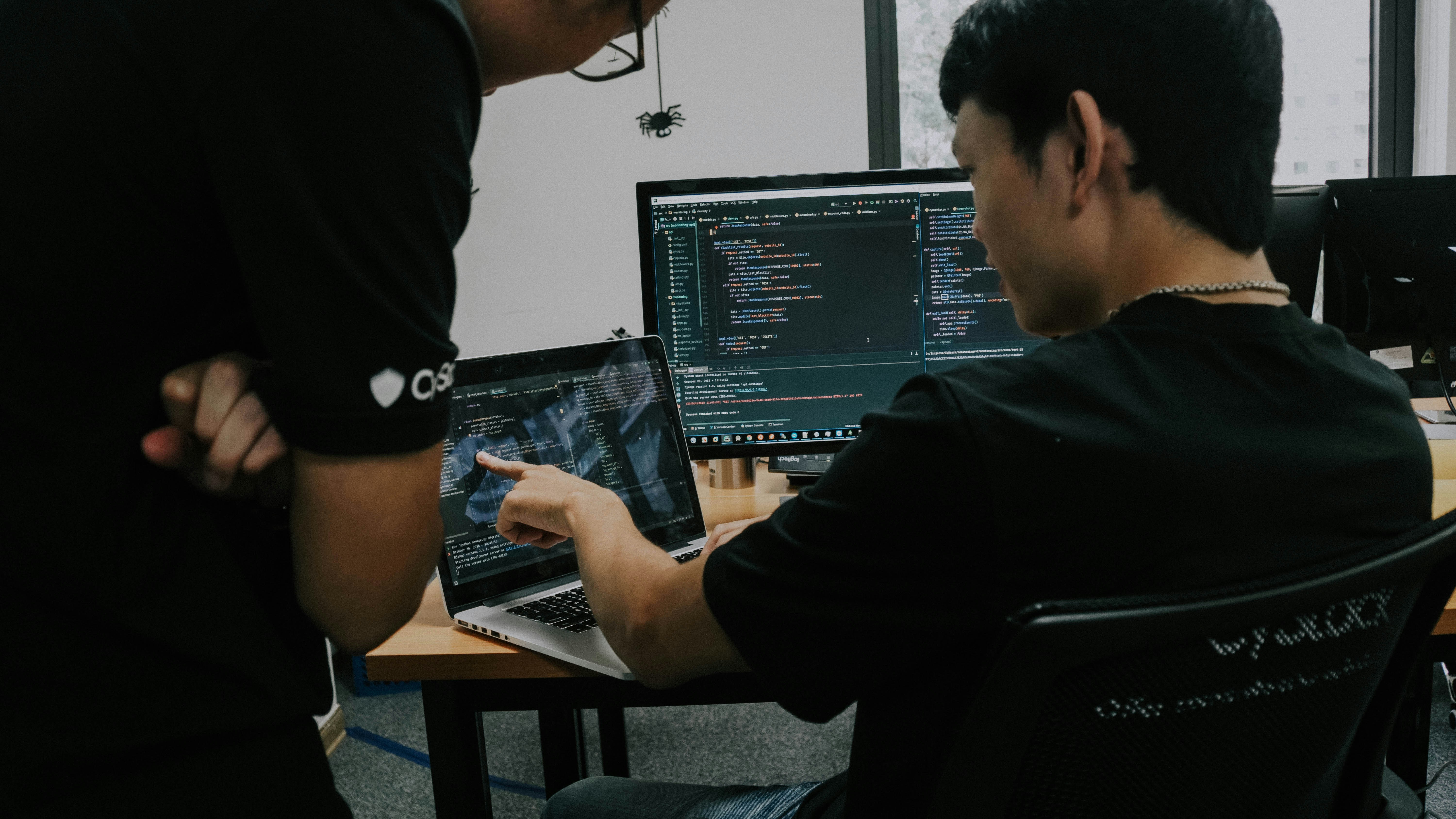Laravel has long been one of the most popular PHP frameworks, trusted by businesses and developers for building secure and scalable web applications. But even the best frameworks face vulnerabilities over time. In December 2024, researchers disclosed a serious issue in Laravel 11.30.0, tracked as CVE-2024-52301, which could be exploited in production environments under specific conditions. Known simply as the Laravel 11.30.0 exploit, this vulnerability highlights the importance of staying on top of updates and configuration best practices.
The exploit revolves around how Laravel detects its environment (APP_ENV) when register_argc_argv is enabled in PHP. A malicious actor could pass crafted query strings like ?--env=local or ?APP_ENV=local to manipulate how Laravel behaves. In the worst case, this could trick an application into running in local mode, exposing sensitive debug information or reducing overall protection.
While the exploit requires very specific conditions, the risk is significant because misconfigured apps might expose database credentials in logs, reveal stack traces, or bypass intended safeguards. For developers and businesses running Laravel 11.30.0 or lower, patching is non-negotiable.
How to Detect Exposure
- Check your Laravel version: run composer show laravel/framework. If it’s ≤ 11.30.0, you’re potentially at risk.
- Inspect PHP settings: if register_argc_argv = On in php.ini, that’s a problem.
- Audit logs: confirm your storage/logs/laravel.log isn’t web-accessible and doesn’t contain secrets.
- Review request logs: watch for suspicious query parameters like --env or APP_ENV.
The Laravel 11.30.0 Exploit Fix
Laravel patched this in 11.31.0 by ensuring environment detection ignores argv values for web requests. The safest route is to upgrade immediately:
composer require laravel/framework:^11.31 --with-all-dependencies
Also harden your PHP configuration:
- Set register_argc_argv = Off
- Always keep APP_DEBUG=false in production
- Protect .env and log directories with proper file permissions
Remediation Checklist
- Inventory Laravel apps and check versions.
- Branch and test upgrade to 11.31.
- Run full test suite (php artisan test).
- Validate key flows manually (login, API, dashboards).
- Rotate secrets if logs were exposed.
- Secure .env, storage, and bootstrap/cache folders.
- Deploy with zero downtime and monitor logs.
- Enable tools like Dependabot or Snyk for ongoing alerts.
Tools That Help
- Composer Audit: check for known vulnerable packages.
- Snyk / Dependabot: automate vulnerability alerts.
- PHPStan / Psalm: catch risky code patterns.
- Sentry / ELK stack: monitor logs for unusual behavior.
Example: after patching, test a request like https://yoursite.com/home?--env=local and confirm nothing changes — a quick sanity check against the exploit.
Why This Matters
The Laravel 11.30.0 exploit demonstrates how even minor misconfigurations can have critical consequences. Businesses relying on Laravel should treat security as an ongoing process, not a one-time task. By patching, auditing configurations, and embedding security checks into CI/CD pipelines, you can ensure your apps stay safe from the next exploit.


